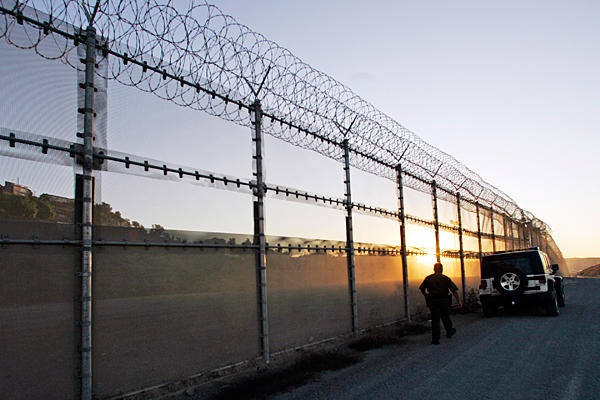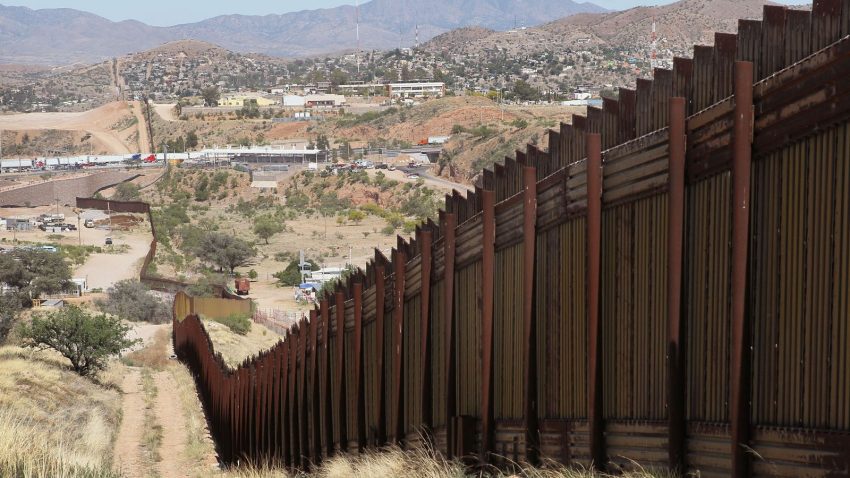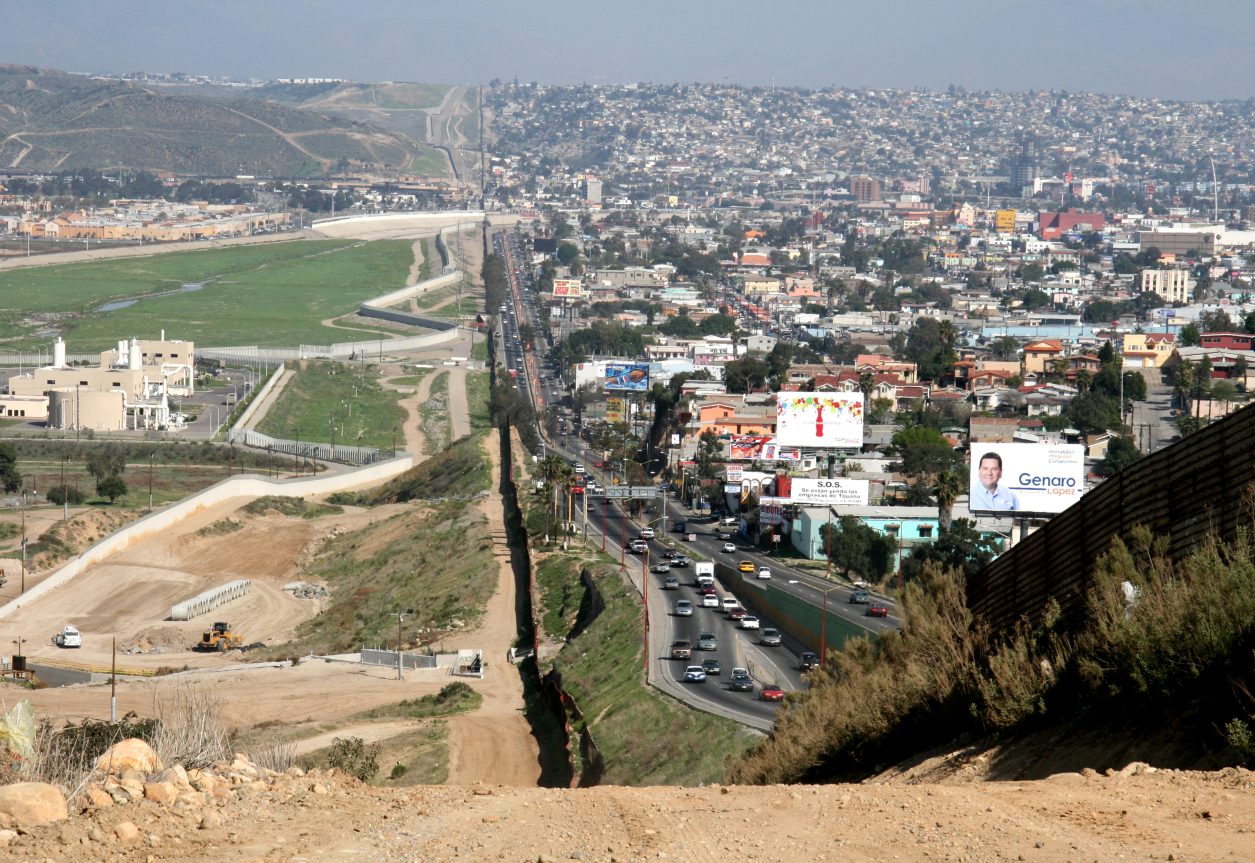Many of us are lucky enough to have the freedom and resources to take off on all-inclusive vacations to Mexico at any given point during our mostly winterized year. But while we’re laying on the beach sipping on pié±a coladas, we are often unaware of the various operations at work in these beautiful countries. And even more unaware of how the repercussions of these operations affect us all the way here in Canada.
I was able to learn about such happenings at a Luminato Literary Talks event called The Mexican Drug War in Film, Fact + Fiction. One of the biggest operations, especially out of Mexico, is the drug op. Anyone who has watched Breaking Bad or Weeds knows about the ruthless violence of the Mexican drug cartels. But seeing these things on TV doesn’t really make it sink in to just how close to home these operations stretch. These are multi-BILLION dollar organizations that have clientele all over the world, not just in Albuquerque and California.
The Mexican drug war has long caught the attention of writers, photographers, and filmmakers alike. The Luminato event held a discussion between people with personal experience in the parts of Mexico that tourists don’t see. They have wrote, photographed, and filmed the real thing”no Hollywood speculations or glamorization.
The panel featured award-winning novelist John Vaillant, award-winning journalist Angela Kocherga, investigative journalist and novelist Alfredo Corchado, and Canadian documentary photographer Louie Palu. The discussion was led by Luminato’s Literary + Ideas Curator Noah Richler and complemented by the Mexican musical performances of Juno Award-winner Quique Escamilla.
One of the most striking parts of the conversation was about the border. In Canada, our border with the US comprises what’s known as the longest undefended international border in the world. Generally it’s pretty easy to pop down to Buffalo to go shopping for the weekend. Sure, we have border crossing guards, but there aren’t walls, fences, barbed wire, or much else blocking our way.
This is what the US-Mexico border looks like.


Yet somehow, some way, 90% of North America’s cocaine makes it over (or under, through tunnels). But it’s not without casualties. This trade has claimed well over 100,000 lives, including innocent women and children, and left 27,000 others missing.
As one of the panelists said, any of the drugs that are found right here in Toronto are most likely a product of Mexico, passing over two international borders to get to our towns and cities. Just like when you’re sipping pié±a coladas on the beach in Cancun, you could be sipping G+T’s at the club downtown, completely oblivious to the dangerous illegal activity going on behind the scenes.
Aside from the brutal murders and kidnappings that take place to get these drugs over the border, there is also a big sense of displacement. The majority of Canadians, especially here in Toronto, understand what it’s like to have to leave the place you once called home, just for a sense of safety and relief. But how relieving is it to be displaced?
Our city graciously hosts thousands of immigrants, many of whom have had to flee in desperation. Imagine having to leave your friends, family, and everything you know just to be able to walk down the street without fear of getting killed. Unfortunately though, so many of those walking down the street here face ridicule and discrimination. So many can relate to this feeling of displacement, and if you can’t relate, you should try to empathize. At the end of the day, we are all people and we all deserve to feel like we belong.
This talk really made me realize that the Mexican drug war is not just a problem for Mexico and the US”it’s a problem for us, too. Don’t let distance fool you of the issues going on in the rest of the world. Just because things happen far away does not mean that they are completely separate from us. Besides, we are only really separated by borders, which evidently don’t stop everything from getting through.











